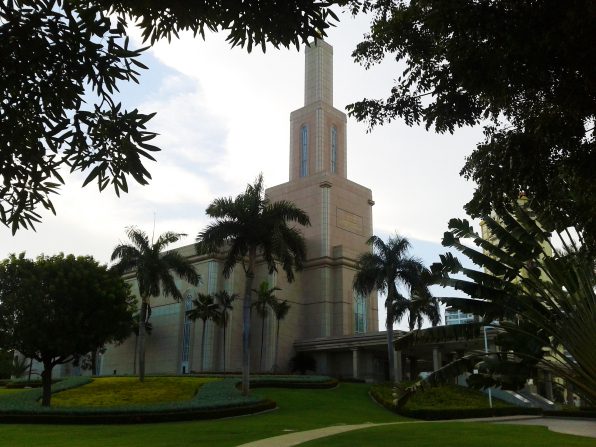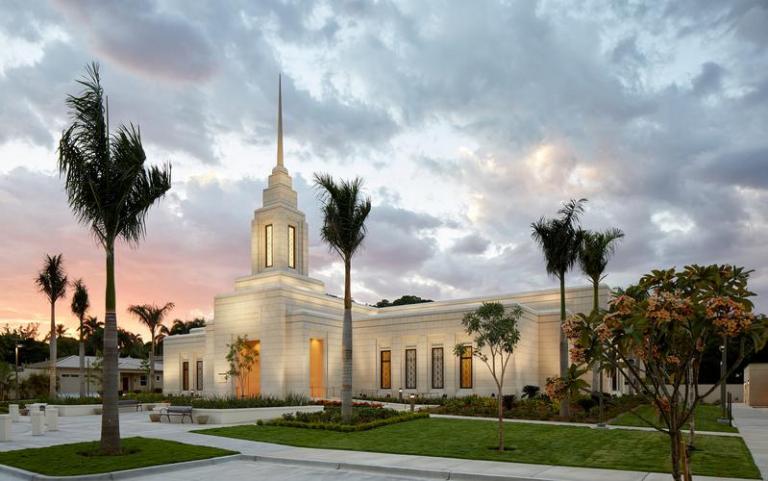
Some critics insist that the Church of Jesus Christ of Latter-day Saints is nothing more than a profit-driven corporation designed to enrich its leaders. This charge is absurd on its face, of course, but it surely ought to be obvious that the poverty-ridden Dominican Republic isn’t very likely to be a profit center for the Church. And Haiti, next door, where an even newer temple was recently dedicated (on 1 September 2019), is far LESS likely. For a bunch of supposedly greedy corporate executives, Church leaders certainly seem to be taking a lot of interest in “investments” that will never pay off, financially.
In reading various responses to the controversy engendered by the Washington Post‘s would-be “exposé” regarding the finances of the Church of Jesus Christ of Latter-day Saints, I find myself thinking about a statement from St. Thomas Aquinas:
“For those with faith,” St. Thomas said, “no evidence is necessary; for those without it, no evidence will suffice.”

I also find myself thinking about a famous story from Genesis 41 (given here, partially, in the NIV translation):
46 Joseph was thirty years old when he entered the service of Pharaoh king of Egypt. And Joseph went out from Pharaoh’s presence and traveled throughout Egypt. 47 During the seven years of abundance the land produced plentifully. 48 Joseph collected all the food produced in those seven years of abundance in Egypt and stored it in the cities. In each city he put the food grown in the fields surrounding it. 49 Joseph stored up huge quantities of grain, like the sand of the sea; it was so much that he stopped keeping records because it was beyond measure. . . .
Were there no Egyptian poor at the time? (There are plenty of them today.) Could that grain not have been distributed to the needy? Why was Joseph hoarding it? Greed? Justified on the basis of pretended “revelation”?
But consider the sequel:
53 The seven years of abundance in Egypt came to an end, 54 and the seven years of famine began, just as Joseph had said. There was famine in all the other lands, but in the whole land of Egypt there was food. 55 When all Egypt began to feel the famine, the people cried to Pharaoh for food. Then Pharaoh told all the Egyptians, “Go to Joseph and do what he tells you.”
56 When the famine had spread over the whole country, Joseph opened all the storehouses and sold grain to the Egyptians, for the famine was severe throughout Egypt. 57 And all the world came to Egypt to buy grain from Joseph, because the famine was severe everywhere.
Posted from Richmond, Virginia












